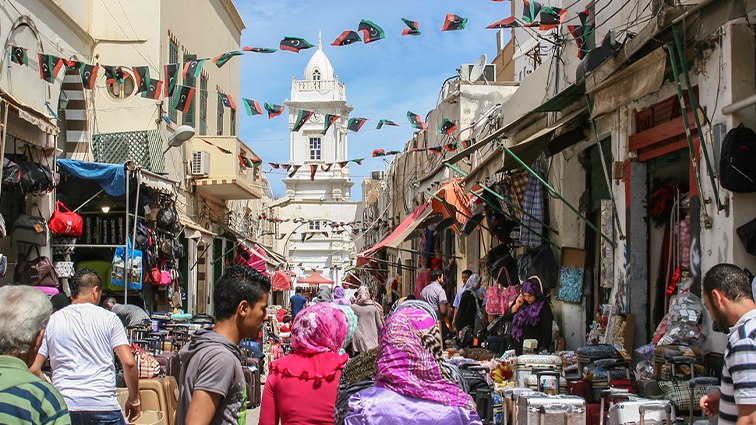The World Bank expects Libya’s economy to grow by 4.8-5.8 percent between 2024 and 2026, assuming political stability and the country’s oil sector are maintained.
In a report on economic developments in the Middle East and North Africa, the World Bank noted the importance of “a balanced budget for the Government of National Unity,” as the improvement in government revenues is balanced by increased spending on wages, subsidies, and part of the required reconstruction.
The bank expects the current account surplus to stabilize at about 26 to 28 percent of GDP during the period 2024-2026, assuming oil production stabilizes, noting that these expectations are subject to a great deal of uncertainty and downside risks.
“Half of the population is active in the labor market and most of them work in the public sector at 44%, and the unemployment rate is estimated at 15.3% for 2022, with rates among women and youth rising by 18.4% and 23.1%, respectively,” the report said.
“Competition for control of oil wealth and rent-seeking continues to weaken the health of the economy and citizens’ confidence,” the report said, calling for “a peaceful resolution of political divisions, improved transparent and effective management of oil wealth, and reconstruction and diversification of the economy.”
Khoury meets with the German Minister of State about Libya
